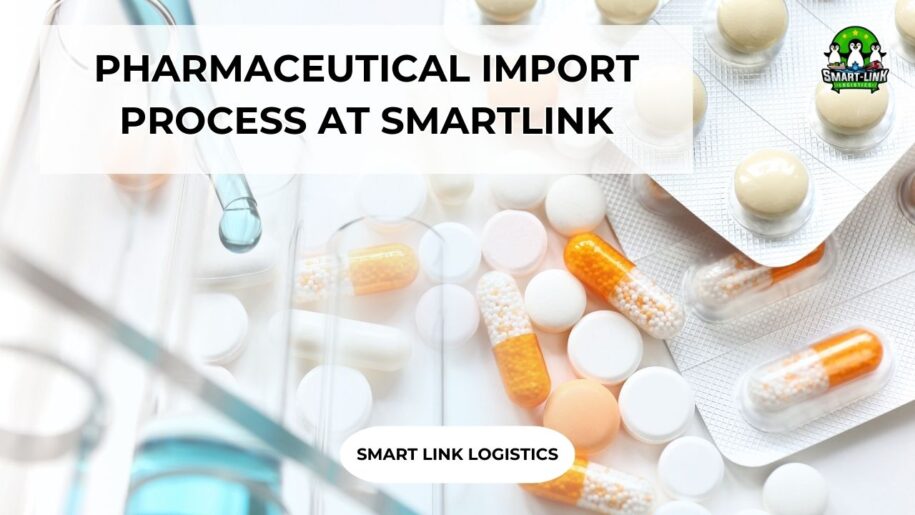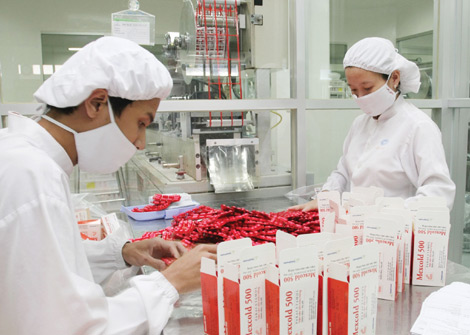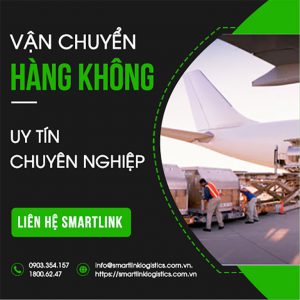
PHARMACEUTICAL IMPORT PROCESS AT SMARTLINK
If you’re looking for the best import-export solutions, feel free to contact us for detailed consultation. If you need legal support or assistance with customs procedures in import-export activities, please contact Smart Link Logistics for fast and efficient consultation. With over 14 years of experience in the transportation field, we are proud to accompany you throughout your journey.
Hotline: + 84 902 964 982 to know more about our services

If you require assistance with international import and export of goods, please contact our team at Smartlink Logistics. We are available to provide you with professional guidance on our services and the necessary customs procedures.
SMART LINK: BEST SERVICE BEST YOU
Hotline: +84902964982
Email: marketing03@smartlinklogistics.com.vn
Member: BNI, VCCI, VLA
———
Smart Link Logistics could bring your cargo to the world.
Pro Vietnamese customs, Door To Door, FaceMask, Glove, Smart Link Logistics, Ocean Freight, Air Freight, Express, Amazon, Heart Service
#haiquan #xuatnhapkhau #duongbien #smartlinklogistics #cuocvantaiquocte #logistics #thongquan



































